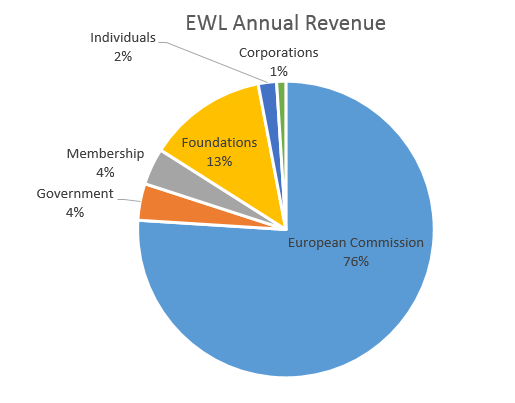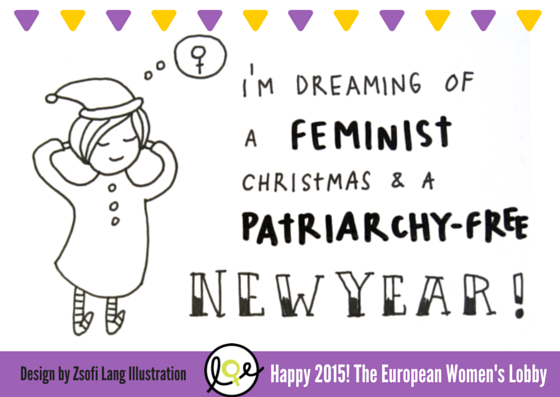By Elise Mertens | Friday 02 March 2012
The percentage of women occupying powerful positions within European businesses has only increased by 2% between 2005 and 2010, according to a new study by the European Women’s Lobby (EWL) (1). It will take another 95 years to achieve total equality between male and female leaders of society, claims the report.
Meanwhile, on 5 March, European Commission Vice-President Viviane Reding will present a report on the results of her charter, ‘Women on the board pledge for Europe’, launched one year ago. The commissioner faces a difficult challenge: so far, only 24 businesses in the EU have signed the charter. Stronger measures are clearly required – but most member states are opposed to setting quotas.
Commissioner Reding was adamant that the voluntary charter, which companies can sign to pledge their commitment to better representation of women on their boards, was the last chance she would give businesses to act before legislative measures were taken. However, at its last meeting the Council was largely against taking legislative action.
The EWL study shows that intervention is more effective when it comes from sanctions, such as in the case of Norway, the first country to set quotas for gender equality in business. The move has been successful: in 2008, women represented 40% of the workforce in Norwegian companies. Various measures are also being implemented by companies in Norway to further encourage the presence of women.
In the light of Norway’s example, the commissioner could propose medium-term quotas: as Norway’s experience proves, legislation can be a good starting point for self-regulation.
The United Kingdom also provides an interesting scenario, which Reding could take into account; the 100 biggest companies in the UK have pledged to develop action plans to achieve a ratio of 25% women in their workforce between now and 2015, and these businesses meet once every six months to take stock of progress made. It is currently too soon to assess the results, but at least this scheme has established a link between the government and business. It is a good example of ‘soft law’: commonly accepted goals that do not carry legal obligations.
Until now, Commissioner Reding has been reticent to discuss her expectations of the results of the charter, and has thus far refused to comment on the conclusions of her report.
(1) The study is available at www.womenlobby.org/spip.php?rubrique60&lang=en


